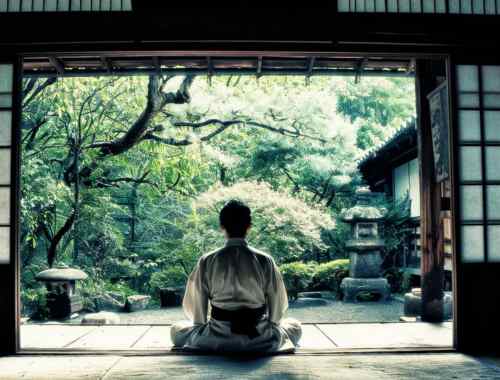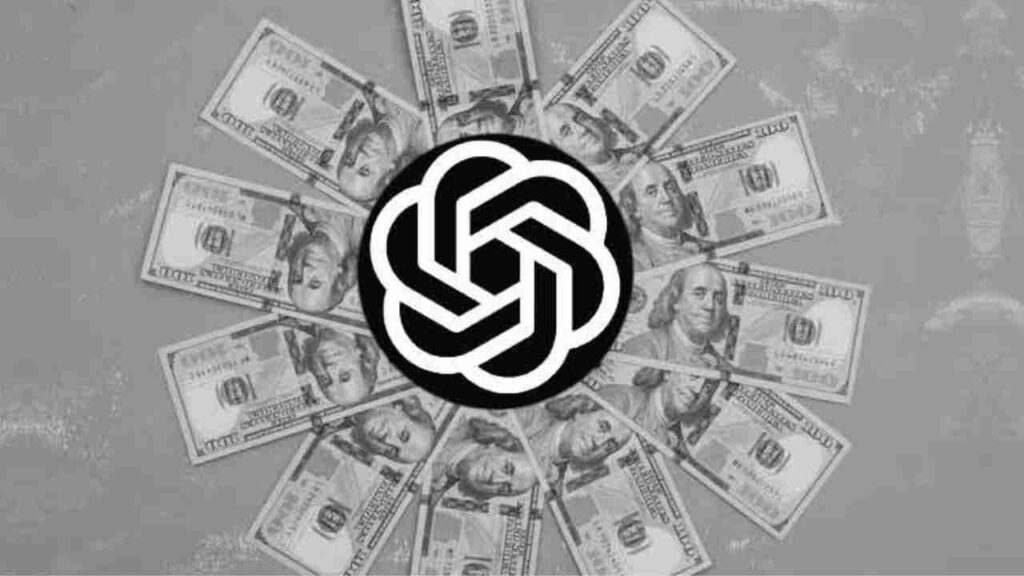Ikigai: Navigating the Path to Joyful Living
Ikigai: Navigating the Path to Joyful Living : In the hustle and bustle of modern life, the pursuit of joy and fulfillment often takes a backseat. However, a guiding light from Japanese philosophy, known as Ikigai, has transcended cultural borders and emerged as a beacon for those seeking purpose and contentment. Derived from ‘iki’ (life) and ‘kai’ (value or worth), Ikigai emphasizes finding meaning not just in the grand achievements but in the tapestry of small, daily moments.
Unveiling the Essence of Ikigai : At its core, Ikigai is a philosophy that encourages individuals to discover their reason for being, their ‘Ikigai.’ Unlike its Westernized version, which often confines it to the professional realm, Ikigai extends beyond career choices. It delves into the everyday, urging people to find value and worth in the simple joys that life offers.

What Do You Love?
Ikigai begins its exploration by delving into the realm of personal joys. This dimension encourages individuals to introspect and identify what truly brings happiness. It’s about recognizing the rhythmic flow of poetry that resonates with the soul, the harmonious chords of music that evoke emotions, or the creation of culinary delights that ignite the senses.
The Journey of Self-Discovery: Discovering what you love involves a journey of self-discovery. It prompts individuals to reflect on activities, experiences, or pursuits that bring genuine joy. Whether it’s a solitary walk in nature, the joy of creating art, or the thrill of solving problems, this dimension serves as a starting point for building a life centered around personal passions.
The Power of Happiness: Recognizing and incorporating activities that bring happiness contribute to an enhanced quality of life. The rhythmic flow of poetry, the harmonious chords of music, or the creation of culinary delights are not just hobbies; they become essential components of a joyous existence.
What Are You Good at?
Having identified personal joys, Ikigai moves on to the dimension of strengths and capabilities. It prompts individuals to unearth their earned skills, natural talents, and pursued hobbies. Whether it’s the finesse in dancing, prowess in sports, or the ability for eloquent public speaking, this dimension uncovers the reservoir of personal capabilities.
Unveiling Personal Talents: This dimension encourages a deeper exploration of one’s abilities. It involves recognizing not only the skills developed through education or work but also natural talents that may have been nurtured or discovered along the way.
The Dance of Competence: For many, dancing is not just a physical activity but a manifestation of skill and passion. Ikigai suggests that understanding and embracing one’s competence in various areas contribute to a sense of purpose and fulfillment.
What The World Needs?
Ikigai places a profound emphasis on contributing to societal needs, be it through small acts within the local community or larger, altruistic endeavors. This dimension reinforces the idea that personal fulfillment is intertwined with a sense of communal responsibility.
Local Acts of Kindness: Even small acts, such as volunteering at a local shelter, participating in community clean-ups, or supporting local initiatives, can become expressions of Ikigai. It’s about recognizing the interconnectedness of personal happiness and the well-being of the community.
Altruistic Endeavors: Beyond local acts, Ikigai encourages individuals to contemplate larger endeavors that address broader societal needs. This could involve engaging in initiatives related to education, healthcare, or environmental sustainability, aligning personal fulfillment with a positive impact on the world.
Are You Paid for It?
In acknowledging practicalities, Ikigai underscores the importance of compensation for one’s efforts. This dimension aligns the pursuit of purpose with the realities of life, emphasizing that sustenance is vital for a balanced and fulfilling existence.
Balancing Passion and Practicality: Ikigai recognizes that, while pursuing one’s passions and contributing to societal needs are fulfilling, practical considerations are essential. This involves aligning personal endeavors with the ability to earn a living, ensuring financial stability without compromising on the pursuit of purpose.
Harmony Between Passion and Livelihood: Achieving Ikigai involves finding a harmonious balance between what you love, what you’re good at, what the world needs, and what sustains you financially. It’s about transforming passions and strengths into viable avenues that not only fulfill personal aspirations but also provide a means of livelihood.
Ikigai and Mental Health : Against the backdrop of a world grappling with stress and anxiety, Ikigai emerges as a salve for mental well-being. It promotes a profound sense of purpose and places a premium on emotional well-being. By fostering these aspects, Ikigai becomes a powerful tool in alleviating stress and instilling a deep satisfaction in everyday life.
Rediscovering Joy through Ikigai : Drawing parallels between the uninhibited joy of a toddler and the philosophy of Ikigai, this section underscores the significance of embracing small joys. As we age, the pursuit of monumental achievements often overshadows the appreciation of simpler pleasures. Ikigai encourages a return to these moments, a reconnection with the inner child, fostering a renewed sense of uniqueness and contribution.
Psychological Foundations of Ikigai : Ikigai finds resonance with key psychological principles:
- Positive Psychology
- Anchored in building character and strength, Positive Psychology aligns with Ikigai’s emphasis on fostering gratitude, social connections, and emotional well-being.
- Existential Psychology
- Existential Psychology, with its focus on the subjective meaning of human experience and personal responsibility, finds synergy with Ikigai’s encouragement of individuals to determine their life’s course.
Applying Ikigai for a Better Life : Practical application of Ikigai involves a step-by-step process:
- Engage in Self-Reflection:
- Asking questions about personal happiness, skills, values, and societal contributions becomes a crucial starting point. This self-reflection sets the stage for discovering one’s Ikigai.
- Embrace New Experiences:
- Ikigai encourages individuals to step out of their comfort zones, explore new territories, and engage in experiences that may lead to the discovery of passions and purpose.
- Seek Counseling or Guidance:
- In navigating the journey towards Ikigai, seeking professional guidance can provide valuable insights, helping individuals identify opportunities and build a strategic plan.
- Accept and Embrace Changes:
- Implementing Ikigai often necessitates changes – whether it’s a shift in career, reallocation of resources, or managing time more effectively. While intimidating at first, consistency yields rewarding results.
Finding Ikigai in Everyday Life : Illustrating Ikigai through a relatable scenario, a homemaker emerges as an Ikigai exemplar. Despite the myriad challenges of managing a household, the joy derived from nurturing her children becomes a driving force. This showcases the practical application of Ikigai in everyday life, where even the seemingly mundane tasks contribute to a fulfilling existence.
SEE ALSO : Japanese Wisdom: Life’s Transformation
Conclusion on Ikigai: Navigating the Path to Joyful Living
In a world characterized by the relentless pursuit of success, Ikigai emerges as a timeless philosophy that encourages a reevaluation of priorities. It serves as a roadmap, guiding individuals towards a life rich in meaning, purpose, and joy. By unlocking the secrets of Ikigai, one can embark on a journey towards a more fulfilling and harmonious existence.















